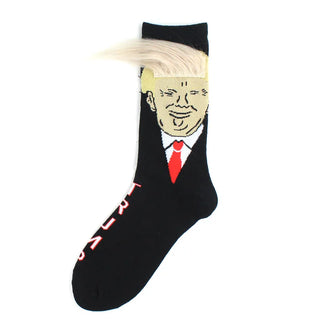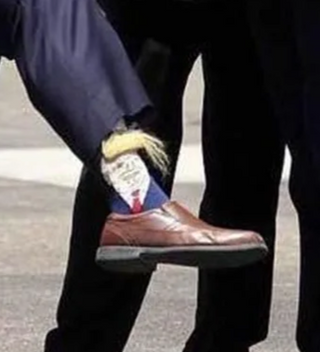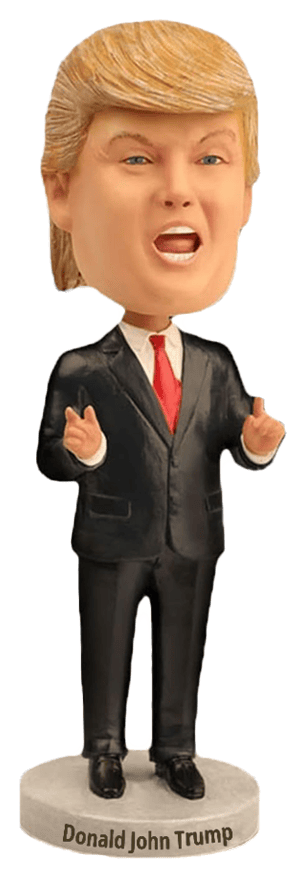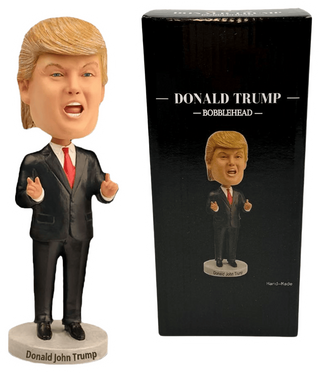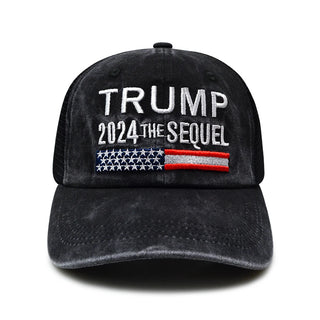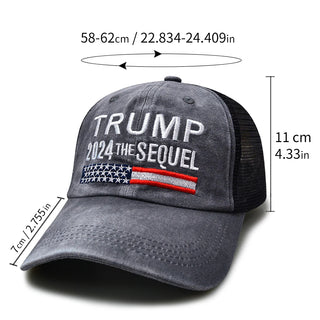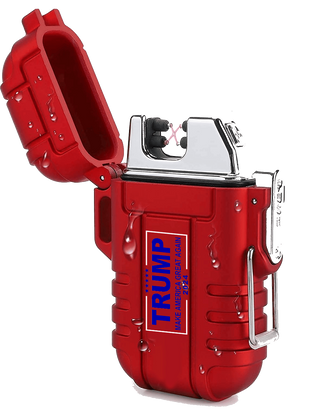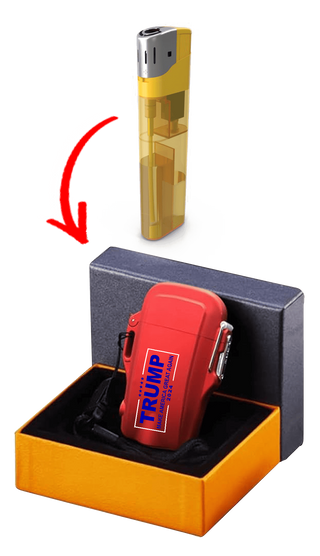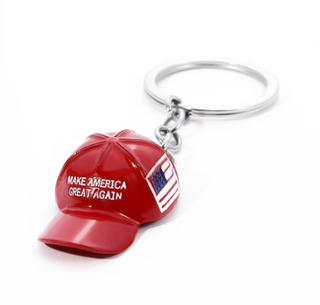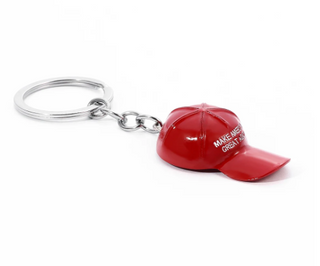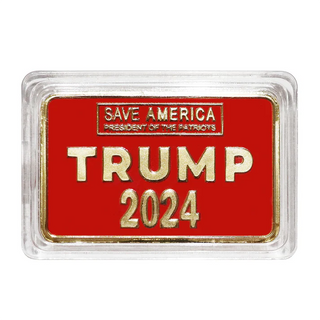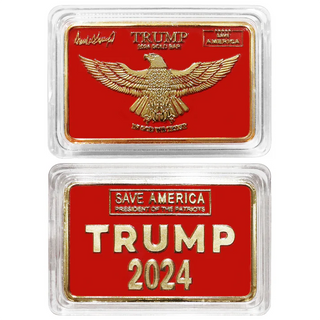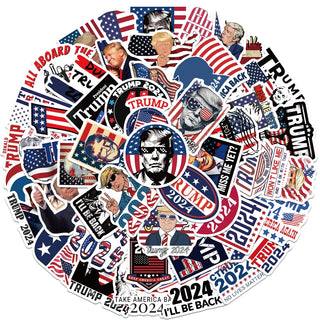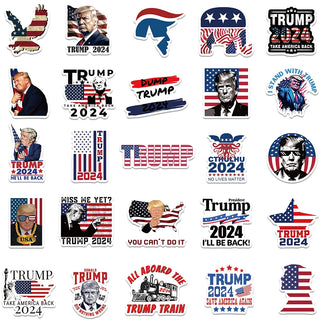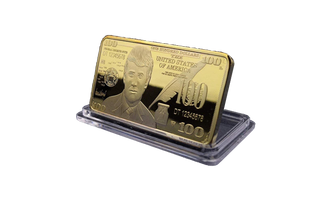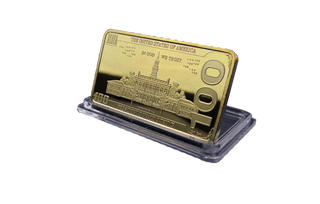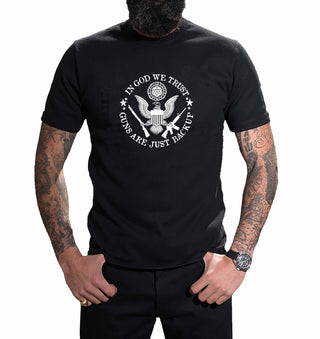Here are some essential details about what’s anticipated:
Duration of Jury Selection: Jury selection could take up to two weeks. Starting Monday, both the prosecution and Trump's legal team will narrow down a large pool of potential jurors to 12 main jurors and six alternates. The selection process includes a 42-question survey aimed at determining their impartiality regarding the former president. Due to safety concerns, the identities of these jurors will be kept confidential.
Charges Against Trump: Trump is facing 34 counts of falsifying business records in the first degree, a low-level felony, with each count potentially carrying up to four years in prison.
Prosecution’s Case: The charges allege that Trump engaged in a pattern of fraudulently concealing activities to suppress damaging information during the 2016 presidential campaign. Central to the case is the accusation that Trump, with the help of his lawyer Michael Cohen and executives from the National Enquirer, orchestrated a $130,000 payment to adult film star Stormy Daniels to prevent her from discussing an alleged 2006 sexual encounter with him. Trump has denied these allegations. According to prosecutors, Trump later reimbursed Cohen through checks described as legal fees, which they claim were falsely documented.
Trump’s Defense: Trump maintains his innocence, stating that he did not know the specifics of Cohen’s actions, despite admitting to reimbursing him. His defense is expected to challenge Cohen’s credibility, painting him as a disgruntled liar and to question Daniels’ reliability by highlighting her negative comments about Trump.
Key Witnesses: The prosecution plans to call Michael Cohen, who claims Trump directed the hush money payment, and Stormy Daniels, among others. Other potential witnesses include Karen McDougal, another woman linked to Trump through a similar suppression scheme, and various former executives and employees of the National Enquirer and the Trump Organization who were involved in the transactions.
Defense Witnesses: Trump’s team may call Bradley A. Smith, a former chair of the Federal Election Committee, to discuss FEC functions and regulations, though he will not testify about whether Trump’s actions were illegal as initially hoped by the defense. Trump himself might testify to counter Cohen’s allegations directly.
Court Requirements: As this is a criminal case, unlike his civil trials, Trump is required to be present in court daily, except for Wednesdays when the court does not sit. Trial sessions are scheduled from 9:30 a.m. to 4:30 p.m. Trump has hinted at the possibility of holding campaign events in the evenings.
Jury Decision Process: A unanimous decision by all 12 jurors is necessary to convict or acquit Trump of any charges.
This trial not only tests the legal challenges Trump faces but also has potential implications for his political image as he campaigns for the presidency.


